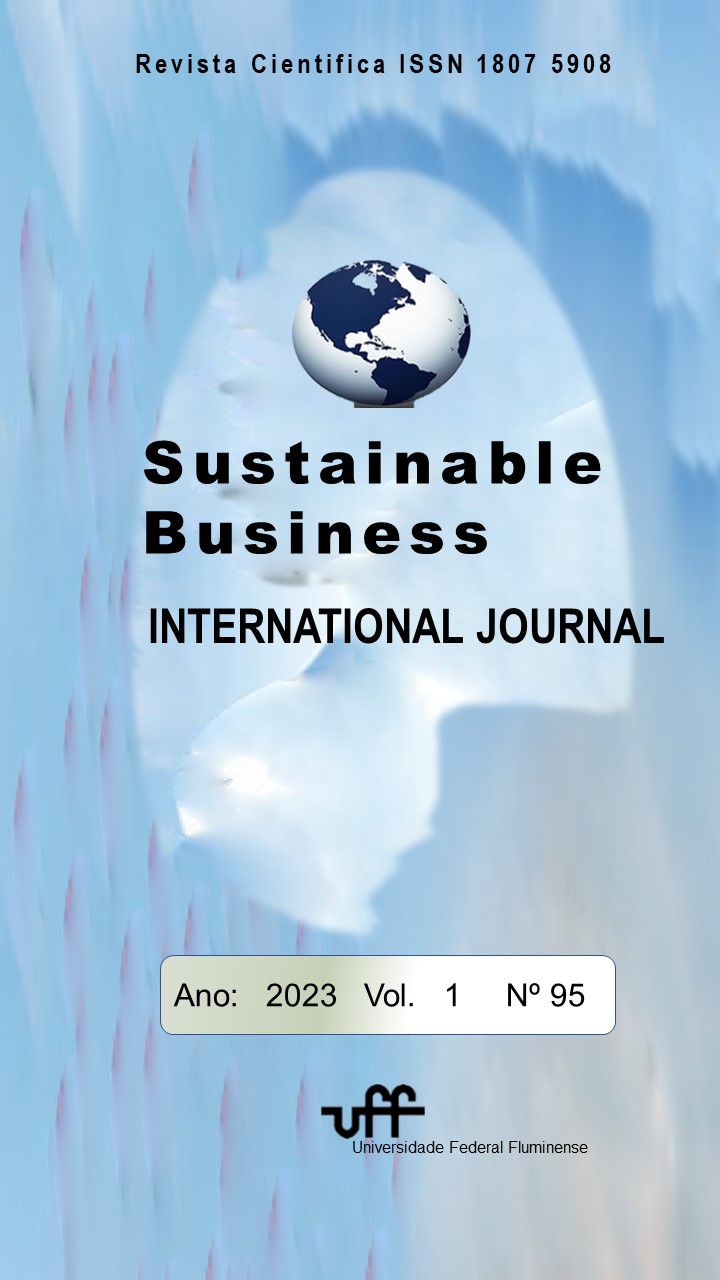A multicriteria decision model for electoral preferences
Um modelo de decisão multicritério para preferências eleitorais
DOI :
https://doi.org/10.22409/sbij.v1i95.52904Résumé
In this article, a multicriteria model for the assessment of electoral preferences is built. The main hypothesis underlying the model is that the population as a whole evaluates each party by considering its position with respect to a set of issues. An analysis is developed of the case of parties’ positions and voters’ preferences set on the basis of government spending distribution. A principle of preference concentration is applied to explain criteria importance. The influence of group interests, though not assumed to be determinant, is not denied. An expected use of the model is for parties to evaluate alliance strategies, since the probabilistic modeling of the preferences and of the direct treatment of the possible interactions among criteria opens a new perspective for the analysis of electoral allegiances. A theoretical example is analyzed. An application involving real preferences in a Brazilian election is discussed.


